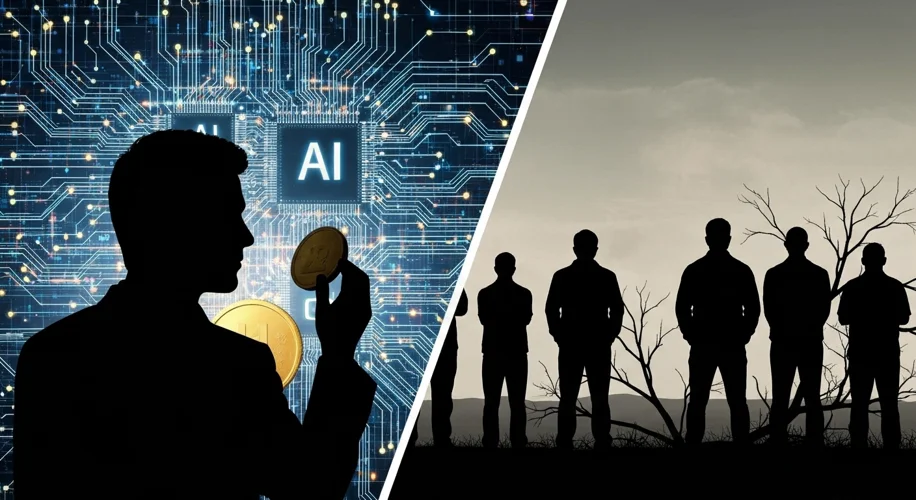It’s been quite a while since I’ve felt this much of a chill down my spine discussing technology. Geoffrey Hinton, one of the key figures in the AI world, has put forth a prediction that’s hard to ignore. He’s warning that artificial intelligence might not just change our lives, but it could also significantly widen the gap between the rich and the poor.
Think about it. AI is rapidly advancing. We’re seeing it automate tasks, create content, and even make complex decisions. The potential for increased productivity and new opportunities is immense. But Hinton’s concern, which resonates deeply with me given my years in the tech industry, is that the benefits might not be shared equally.
His prediction is that AI could lead to a scenario where a small number of individuals or companies who control and leverage AI effectively become incredibly wealthy, while the majority of the population sees their economic standing diminish. This isn’t about AI taking all jobs overnight; it’s about a fundamental shift in who benefits from technological progress.
We’ve seen this pattern before with other technological revolutions, but AI’s potential reach and speed seem to amplify the risk. If AI can perform tasks that once required specialized human skills, and do them more efficiently or at a lower cost, what happens to those whose livelihoods depend on those skills? Will they be able to transition to new roles, or will they be left behind?
From my perspective, this isn’t a future we should passively accept. It’s a call to action. As Arthur Finch, I’ve spent my career watching technology evolve, and I’ve seen how policy and foresight can either exacerbate societal issues or help mitigate them.
We need to start thinking critically about how we can ensure AI’s benefits are distributed broadly. This means exploring policy options, investing in education and retraining programs, and fostering a societal conversation about what kind of future we want to build with AI. We must ask ourselves: are we building a tool that serves humanity as a whole, or one that concentrates power and wealth in the hands of a few?
It’s crucial to consider the ethical implications alongside the technological advancements. If AI becomes the primary driver of economic growth, we need to ensure that everyone has a stake in that growth. The potential consequences of inaction are significant, and as Hinton’s warning suggests, the time to address this is now. We need a more nuanced approach to AI development and deployment, one that prioritizes equitable outcomes.

